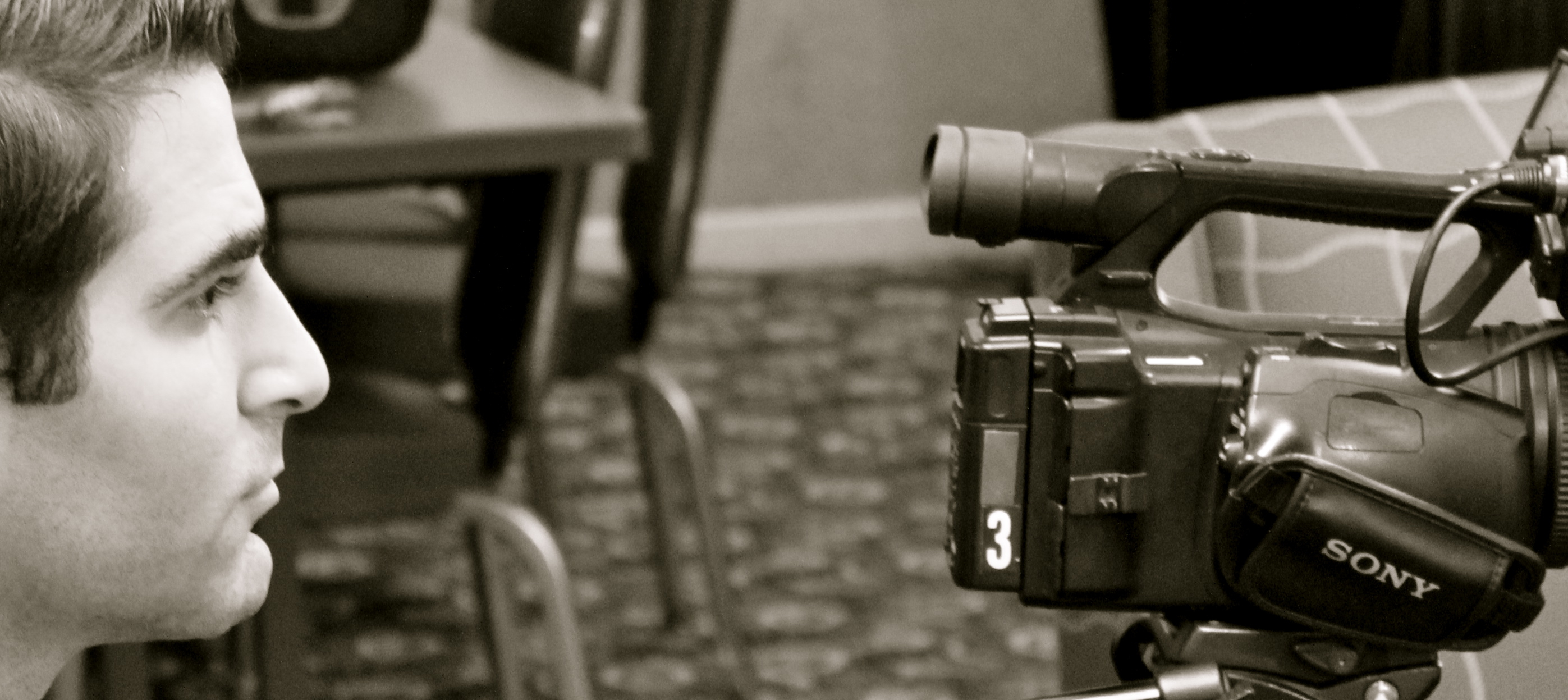But there were lots of silver linings. For instance: The Phillies actually started hitting the ball! (They had looked like the Phollies at the plate for a few weeks.)
The most poignant moment for me, though, occurred in the top of the ninth inning, at the start of the Twins’ rally. Leading off the inning, Minnesota’s Delmon Young singled. Then the Twins sent a pinch-hitter named Jim Thome to the plate.
And almost every Phillie fan cheered — many of them on their feet. Myself included.
Why did we cheer an opposing player? Because he used to be one of ours.
From 2003-2005, Thome (pronounced “Toe-mee”) played in Philly, a true superstar in a city that hadn’t seen one on the baseball field in a number of years. When the Phils signed him, Thome was coming off a year in which he hit .304 with 52 home runs and 118 runs batted in as a member of the Cleveland Indians. The Phils signed him to a six-year, $85 million offer. It was a huge move for Philadelphia’s ballclub, which had been criticized prior to that point for not making a commitment to winning, for not pursuing top-level free-agents, for not spending money to give the team a legitimate shot.
The Thome deal changed that. It (in part) marked a turning point in the franchise’s history, along with the team’s development of homegrown talent like Cole Hamels and Ryan Howard (who eventually usurped Thome at first base) and the construction of Citizens Bank Park. The Thome deal helped bring a winning culture to Philadelphia baseball.
Much of the credit for that goes to Thome himself, who led the league in homers during his first year in red-and-white, with 47. He had 131 RBI that year. The next season, 2004, he smashed 42 dingers and drove in 105 runs.
Then Thome’s Phillie career took a downturn while the franchise kept moving forward. In 2005, he suffered injuries that limited his production. In 59 games, he hit .207 with seven homers and 30 RBI before undergoing season-ending surgery. The Phillies called up Ryan Howard, who won the National League’s Rookie of the Year award and paved the way for Thome’s departure.
From 2006 to now, Thome’s career has slowed down. He played a few seasons for the White Sox, spent a fortnight with the Dodgers, then made his way to the Twins this season. Along the way, he hit his 500th career home run, a major milestone, and now has a chance to climb into the upper echelon of the game’s all-time power hitters.
On Saturday, with a runner on first in the ninth inning, he hit career home run No. 570 against his former ballclub. It was a mammoth tater that traveled an estimated 456 feet and pulled the Twins within three runs. It was the kind of home run that, under normal circumstances, Philly fans might have booed with gusto.
But not this time.
Because it was Thome who hit it, the fans rose to their feet. An opposing player, in Philadelphia, receiving a standing O for hitting a two-run homer in the ninth! It made me smile my smile off.
For all the bad-mouthing Philadelphia fans take in the mainstream media and in all the gin joints in all the towns of the world — some of it deserved, some of it not — this was a shining moment of class. Say what you want about Philly fans, but don’t ever say that the nuances of sport are lost on them. On Saturday, they got it. Big time. Here was a guy who had come to Philadelphia and helped turn the franchise around, and the fans remembered and appreciated it.
Thome’s always been one of the ‘good guys’ in baseball, a consummate pro. There were times in Philly when he stunk — especially during his injury-plagued 2005 campaign — and the fans booed him like they once did Santa Claus (one of the more prominent anecdotes Philly-bashers love referencing).
But ask any player who’s ever played in this town, who’s done things the right way, and he (or she) will tell you: In the long run, the fans get it right. Jim Thome left the City of Brotherly Love on not-so-pleasant terms, but he returned yesterday on terrific ones, even when his contributions helped cost the Phillies a win. The people remembered what Thome had meant to the city, to the organization, to them.
It wasn’t a moment the national media would notice or recognize; it wasn’t the kind of act the major news outlets give Philly fans get credit for. They didn’t boo anyone or pelt a player with batteries or beat anyone up.
All they did was stand up and cheer for a stand-up guy. Because in their eyes, he’d done damn good.
And they’d done damn good, too.

